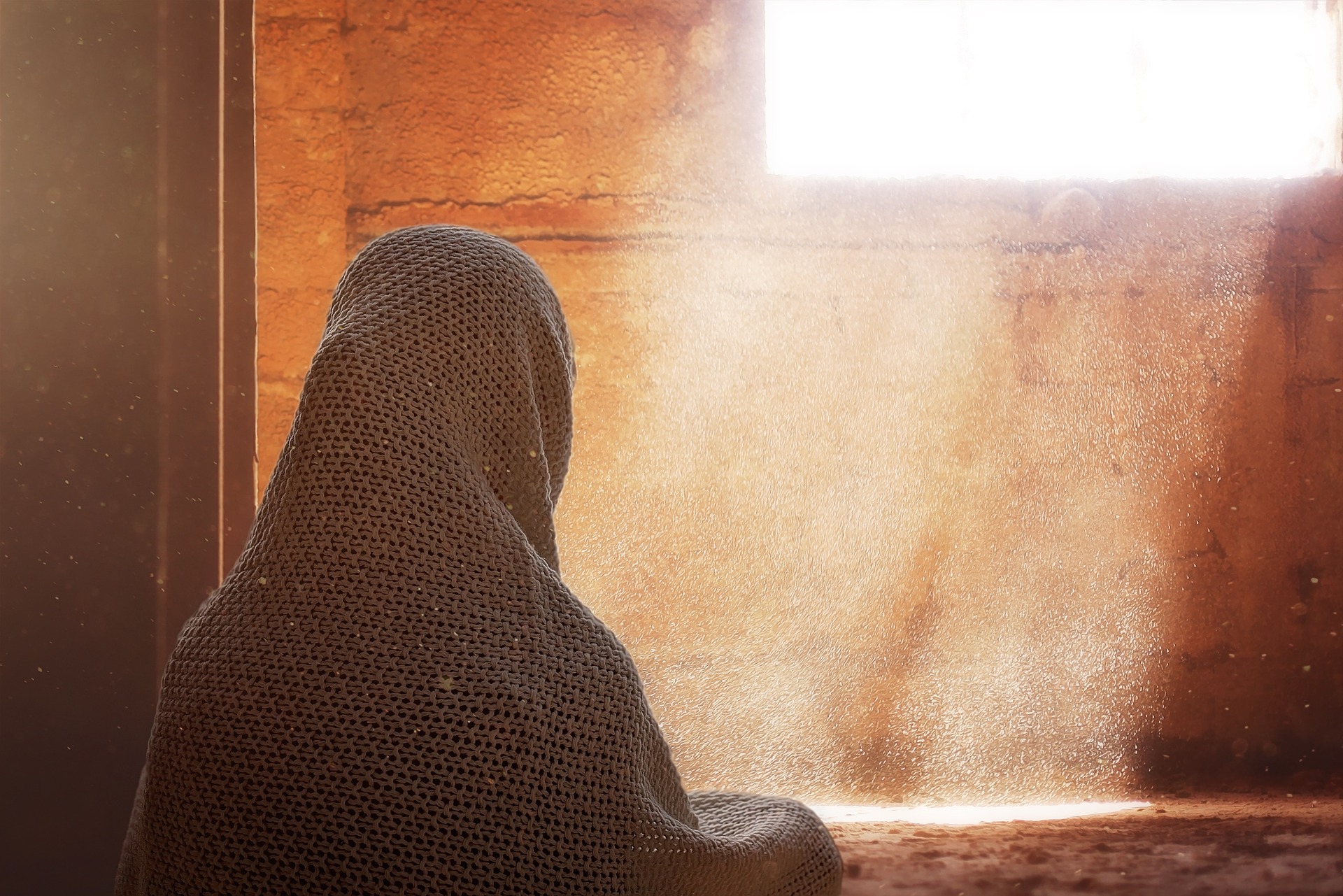by a Team Expansion worker in the Middle East
Swara is perhaps one of the darkest, saddest aspects of Pashtun culture that exists today. It revolves around the long held belief that for enemies to make peace, both must pay a heavy price.
You need only ask one Pashtun person if they have witnessed the ancient practice of Swara. The reason is that everyone has seen it.
The usual scenario is that two tribes or families have been fighting each other for some time. This very fact brings about another ancient practice of returning evil for evil (called “badal”). If one young man has been killed by someone from a neighboring tribe, they will take revenge by killing a male family member of the man who killed him. In turn, the family of the man killed in revenge will feel wronged and then kill another man in the family of the man who killed their slain one.

The cycle of revenge continues for generations.
This vicious cycle of retribution can go on and on for generations. However, one way to end the cycle of revenge is with Swara.
A Sacrifice
A “jirga,”or meeting of the oldest and most respected men from the two families or tribes, will come together and discuss how to settle the dispute. There has to be something that will appease both sides; a way to make sure both parties feel as though they have received a credit for their loss. The agreement they usually reach is Swara.
Both tribes or families will surrender a young woman or girl to be married off to the opposing side. As this is most common in villages where they do not uphold the law of a minimum age for marriage, girls that are given in Swara are often as young as 11 or 12 years old.

A young girl is married off to her enemy’s family.
Once the girl is passed on to the enemy’s family, she is at their complete disposal. They are free to treat her as harshly as they wish, and they do. In fact, the primary reason for having her in their home is for them to take out their aggression from her family’s wrongdoing on her.
When they look on her, they remember their son or brother whom was killed by her people, and they take out year’s worth of pent up rage on the innocent body of the young woman – the sacrifice given for her family’s sin.
Even if she herself had nothing to do with any of the killing or vengeance that took place, she endures the wrath of its consequences for the rest of her life.
A Living Metaphor
This all sounds familiar to us who are in Christ, doesn’t it? An innocent one was given for our sins. He had done no wrong whatsoever, yet someone had to be sacrificed in order to appease the One whom we had wronged.
But in our case, we, the wrongdoers, had nothing to give. In an audacious move by our loving Father, He gave up His very own son in order to make peace with us, the debtors. We were the debtors, but we received the gift.

We, the wrongdoers, received God’s gift.
It is often difficult for the mind of Pashtun person to grasp this absurd redemption. They cannot wrap their minds around how anyone could take our debt without anything in return. That’s the thing about God’s love – it’s so abundant and unconditional that it’s hard to believe it’s even true.
Please pray that this love would pierce the hearts of our Pashtun friends, that they would see this love and believe that it’s genuine.



